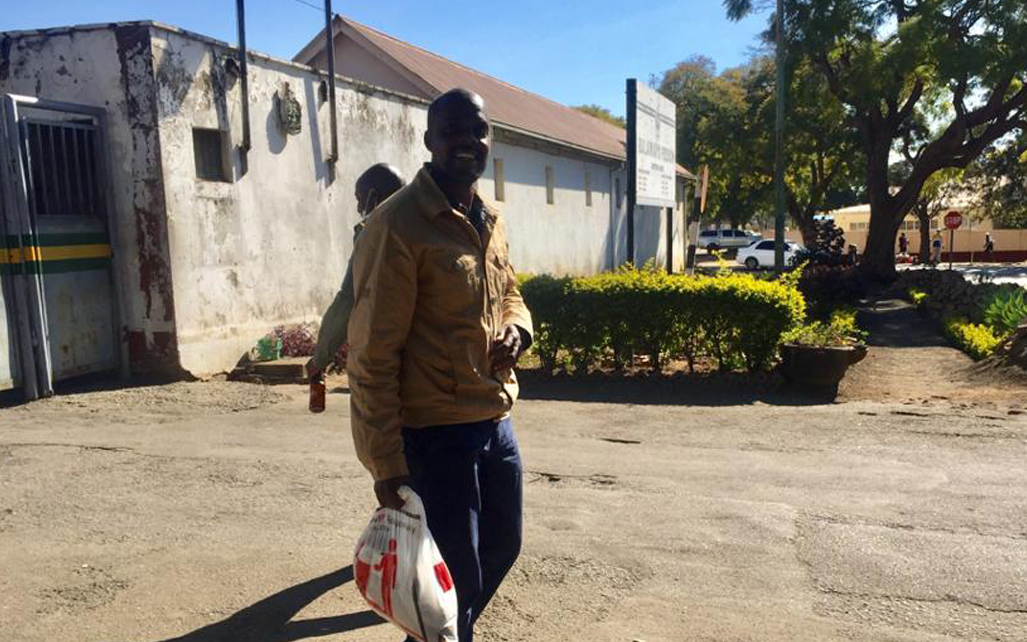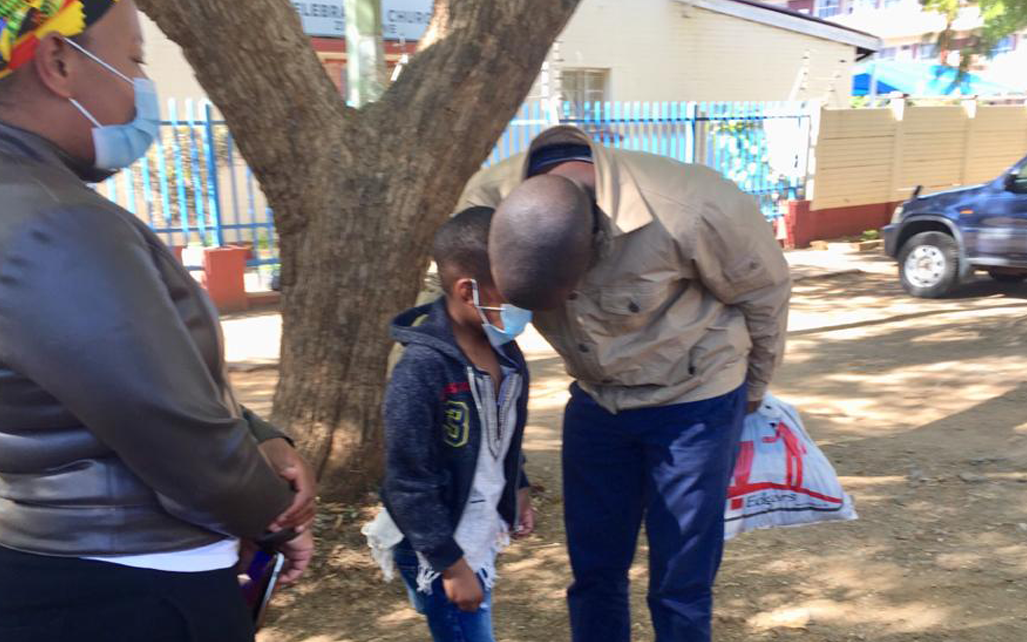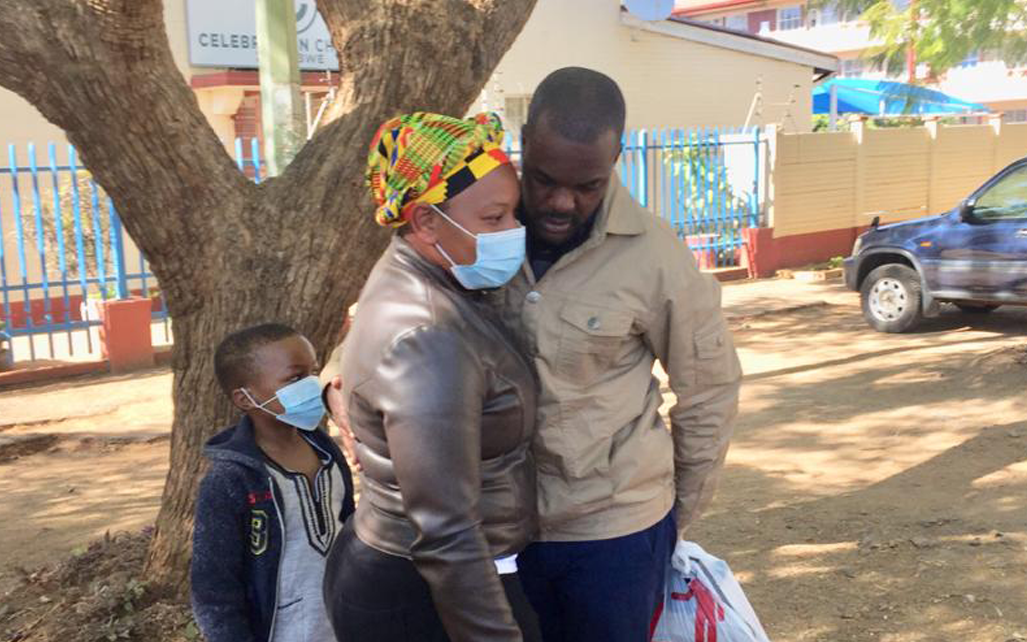BULAWAYO – Journalist Jeffrey Moyo, who freelances for The New York Times, was finally released on Wednesday after a hiccup that kept him in jail a day longer as it emerged that prosecutors did not oppose his High Court bail appeal after admitting the State had a weak case.
The National Prosecuting Authority (NPA) savaged magistrate Rachel Mukanga for ordering Moyo’s extended incarceration on the grounds he was facing serious State security charges, saying in court papers that “the trial magistrate misdirected herself when she made a finding that the applicant’s release will undermine public peace and security.”
“The trial magistrate further erred in making a finding that the State has a strong prima facie case against the appellant,” the NPA said, adding that “the finding that the release of the appellant will undermine public peace and security is with due respect misplaced… It was not shown how the appellant himself would cause instability and threat to national security.”
Moyo was supposed to be released on Tuesday after a judge granted him Z$5,000 bail on Monday, but officers at the Bulawayo Central Prison denied him freedom arguing there was an error in his warrant of release.
The 37-year-old was arrested in Harare last month and charged with violating the Immigration Act after allegedly presenting false information to authorities to help two Times journalists Christina Goldbaum and João Silva into Zimbabwe for a news reporting trip.
The reporter is also accused of fraudulently securing press credentials for his visiting peers in connivance with an official from the Zimbabwe Media Commission (ZMC) Thabang Farai Manhika who remains in jail.

Manhika now appears the primary, if not the sole target of the prosecuting authority, which submitted that its case against Moyo was on “shaky ground as compared to that of his co-accused who originated the documents [Manhika].”
Moyo complained about the conditions at the facility he was detained and his wife being denied visitation, telling VOA Studio 7 that “the prison is an old facility that was built long ago in 1897, it’s 124 years old. There can’t be anything positive about that. My wife and family were denied access to me, they never saw me. I m not happy about that.”
He also protested the involvement of government in the licensing of journalists after his colleagues were kicked out on the premise that their visit had not been approved by the information ministry.
“Whether a journalist is from the sun or Jupiter or mars, accreditation should be a right. Government should not be frightened to license journalists; accrediting them makes journalists work within the confines of the law. So, I don’t think politicians should get involved,” Moyo added.
His attorney Doug Coltart raised concerns over his client’s three-week “illegal detention” and “violation of his rights.”
“Jeffry Moyo has finally been released after 21 days in custody, his detention was a series of appalling violations of his rights,” Coltart said.
The lawyer said it was surprising for the prosecution “to come back after three weeks, after opposing bail to essentially say that they have no case against him and that the grounds that the State advanced opposing his bail were baseless in the first place.”

Coltart said that Moyo’s initial denial of bail by the magistrate demonstrated just how the lower courts were being exploited by the government to punish innocent people.
He added: “Then, most recently, just yesterday the illegal extended detention of Jeff after he had been granted bail on Monday the 14th of June and had complied with all of his bail conditions. The prison officials then refused to release him on dubious basis saying that there was an error on the warrant of liberation issued by the magistrate’s court.
“But refused to provide us as his legal team with that warrant of liberation to determine whether there was any such error on that warrant of liberation and whether that error warranted his extended detention despite him being granted bail.”
















